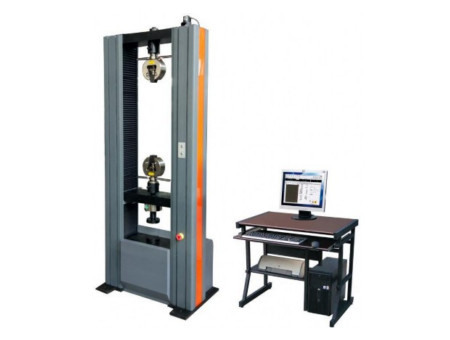How to choose a practical tensile testing machines?
When choosing a practical tensile testing machine, you should consider the following factors:
Testing requirements: The first step in choosing a tensile testing machine is to consider the testing requirements. Determine the types of materials and samples that you will be testing, as well as the required testing range, accuracy, and load capacity.
Technology and features: Look for a testing machine featuring advanced technology and user-friendly software, such as automatic proportioning and calibration systems, customizable testing settings, real-time displays, and more. These features can greatly simplify the testing process and improve efficiency.

Load capacity: Make sure the testing machine you choose has the sufficient load capacity to meet your testing requirements. Consider the maximum force that you will need for your testing, and choose a testing machine with a load capacity slightly higher than your maximum requirement.
Size and footprint: Consider the size of the testing machine and its footprint in your laboratory or testing space. Determine the amount of space you have available for the machine, and choose a model that will fit comfortably in your workspace.
Robustness and durability: Ensure the machine you choose is robust and durable enough to withstand long-term, intensive use. Look for high-quality construction materials, such as stainless steel or aluminum, and choose a reputable manufacturer with a good warranty plan.
Budget: Finally, you should consider your budget when choosing a tensile testing machine. Choose a model that offers the features and load capacity you need, while staying within your budget constraints.
Overall, choosing a practical tensile testing machine requires careful consideration of your testing requirements, features and technology, load capacity, size and footprint, robustness and durability, and your budget.

